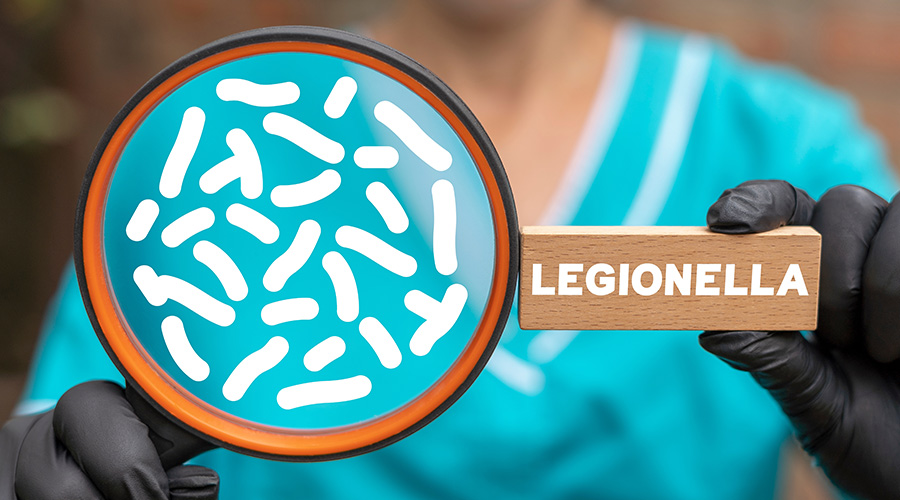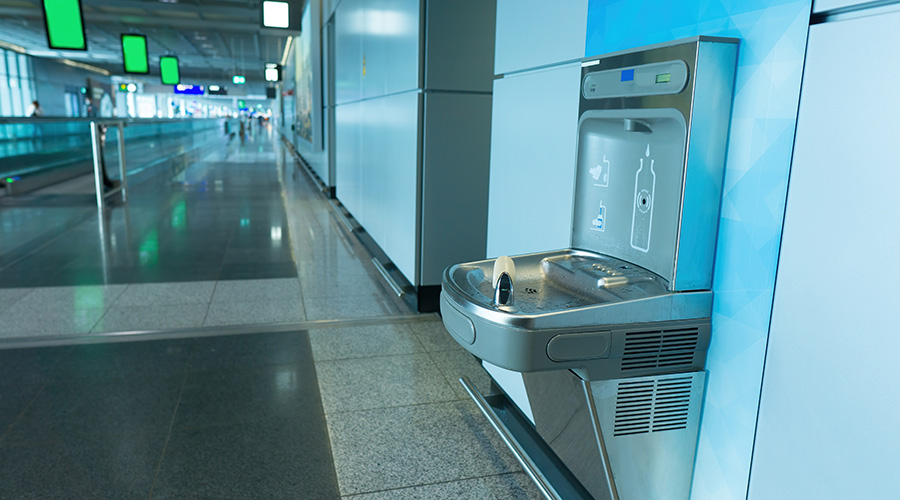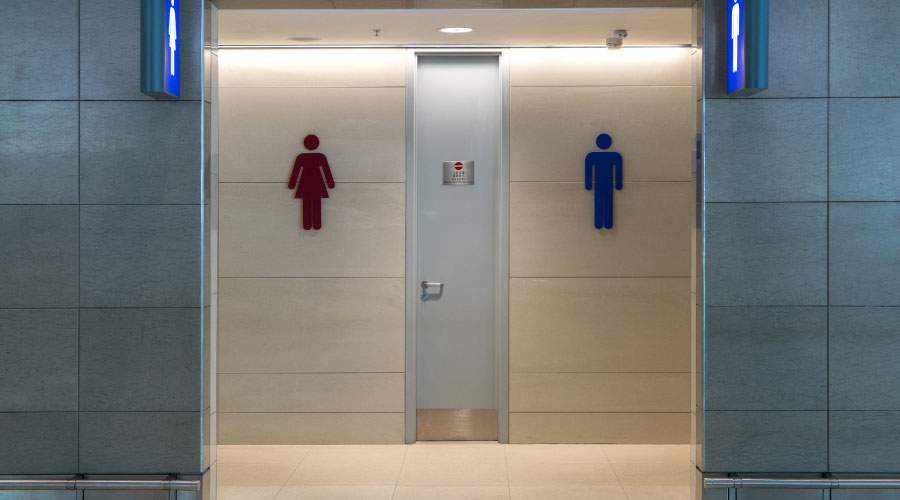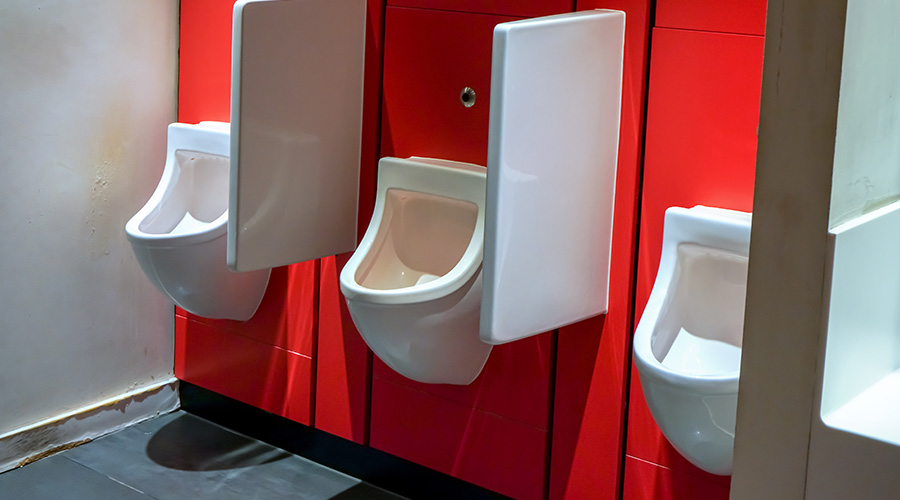Company's Water Conservation Projects Expand as Support Grows
Munich Reinsurance America's water-conservation projects started small and expanded as resources became available and support grew.
"The department could not address every area at once, so some had stopgap measures applied," Walinski says, referring to improved landscaping controls and improved controls on water tower chemicals. The department later implemented broader, more permanent projects.
"The restrooms were renovated with touchless faucets, low-flow commodes, and waterless urinals," he says. "The ice machines and dishwashing machine in the kitchens and pantries were upgraded to high-efficiency models. The team then revisited the water tower and replaced the chiller and tower with a fully variable-flow system that saved significant energy and water."
In terms of landscaping, the department changed annual flowerbeds on campus to perennial beds and added areas of natural vegetation that did not require as much irrigation. This year, the team is in the design phase for adding both rainwater harvesting and rain gardens to the campus.
The results have been impressive. Before the company began its energy-reduction projects, the campus had average water consumption of 11,276,589 gallons per year.
"In 2013, the program and projects combined to reduce water usage by 54 percent from our 2007 baseline — using 6,047,413 gallons less in 2013 than we did in 2007," Walinski says, adding that number should improve in 2014 with the additional changes expected on campus before year's end.
The company also has added solar canopies on campus, and while that does not improve water efficiency, Walinski says he considers it a valuable part of the sustainability program involving water. In August 2012, the campus added a 2.47 megawatt solar canopy system over two parking lots.
"The canopies supply the campus with approximately 3,122,077 kWh of zero-carbon energy annually and significantly reducing the heat island effect in the large parking lots on campus," he says. "As part of that project, more than 100,000 cubic feet of storm water recharge chambers were installed below the parking lots to reduce the stormwater runoff on campus."
Related Topics:















